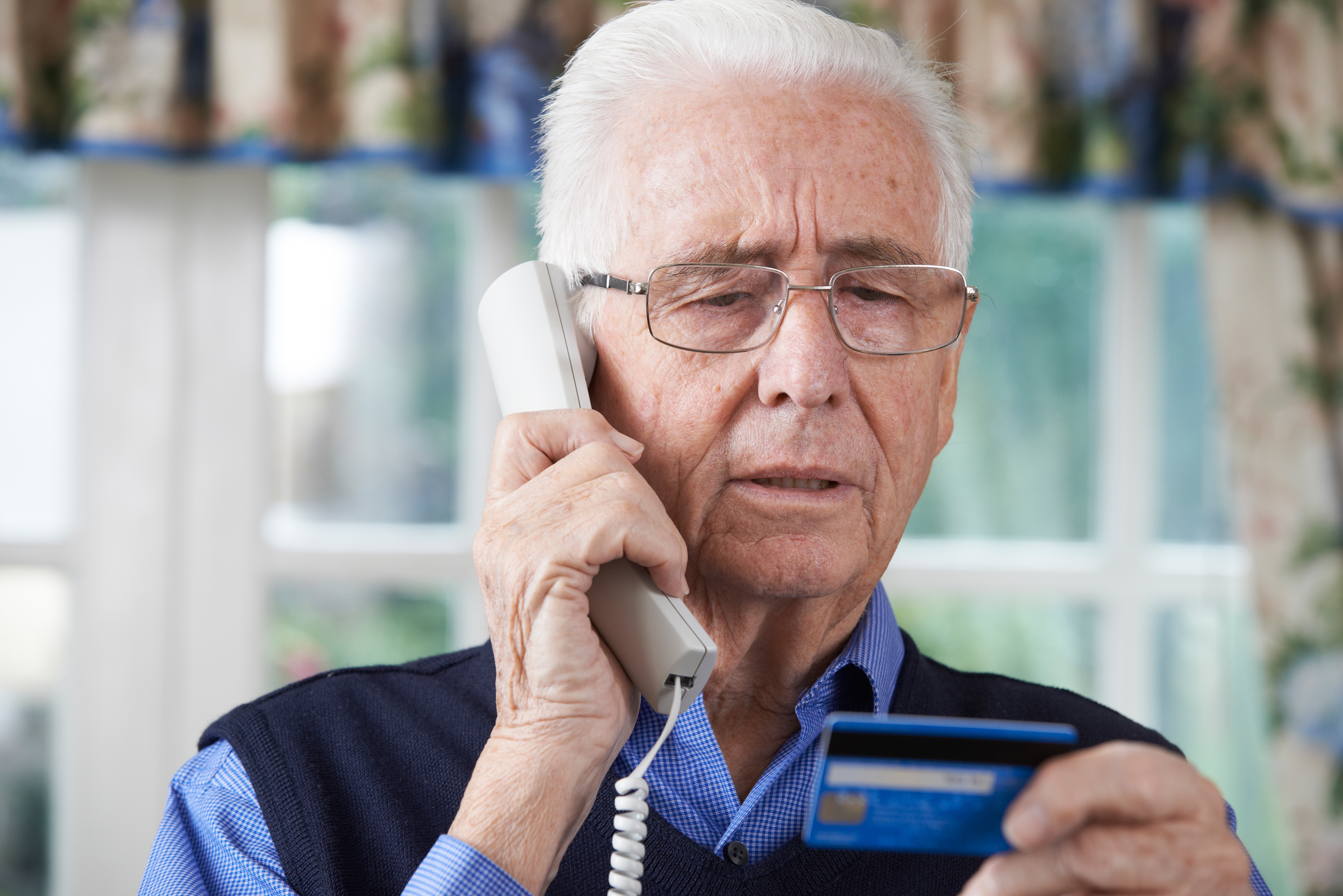
Luxury Retirement Living Sarasota
Tips for Avoiding Phone and Electronic Scams
- July 12 2021
- Sarasota Bay Club

Phone scams cost Americans billions of dollars a year. Many of these scammers target the elderly, who are particularly vulnerable for reasons which range from loneliness to having spent a long time without many of the tools, such as caller ID, that we now have to protect us from scams.
So, how can you avoid these scams and help your elderly relatives to stay safe?
Related Blog: Helpful Wearable Technology Designed to Improve Retirement Life
Never Give Out Personal Information
Rule number one is not to give out any of your personal information to strangers or to companies that call you on the phone. This includes social security number, credit card number, date of birth, and Medicare number.
All of this information can be used to support identity theft, which is a growing problem.
Give out information only to companies you have initiated contact with, for purposes you already understand. There are very, very few instances in which a senior should give out their social security number.
Encourage and teach your relatives to order things over the internet, rather than the phone, as it is generally more secure.

Identify Common Scams
Anything that sounds too good to be true almost certainly is. That aside, here are some of the more common scams:
- The Tech Support Scam—In this scam, the criminals call (or more rarely email) to tell you your computer is compromised. The goal is to either get you to pay them to remove malware you don't have or to get remote access to your computer...after which you definitely do have malware. Remember that no random caller is going to be able to tell that your computer is compromised.
- IRS scams—This scam is most common in the two to three months leading up to tax day, but can happen at other times. The caller claims to be from the IRS, tells you you owe money, and often threatens fines and jail time if you don't comply. In many cases, they ask for the money by some strange means, such as a preloaded gift card. Needless to say, it's not the IRS; the IRS never contacts people by phone (or any means other than a letter) if there's a problem.
- Fake Charities—These don't target seniors per se, but often call them. The caller will claim to be from some charity or other, requesting money. The charity does not, of course, exist. One common scam right now is a caller who will claim to be from either the police or the firefighters, asking for money. Unfortunately, there are legitimate charities that also cold call; the best option is to hang up and then if you do want to give money, contact the charity (after checking to make sure they're real).
- Grandparent Scam—These people take advantage of seniors who might be confused and having memory issues, or those with hearing problems. They pretend to be a grandparent or other younger relative in desperate need of money, which they want sent through Western Union or similar. This scam is even more common over email, because then there's no risk of being recognized as an imposter. Establish a system for contacting your relative that reduces the risk of this and have them hang up and call you back if they aren't sure.
- Investment Scams—The scammer promises a high return for no risk, then absconds with the money they were sent to invest.
So, how can you protect your relatives from senior phone scams?
How To Stay Safe From Scammers
Here are some tips for avoiding being scammed in general:
- Use caller ID. Many seniors spent a lot of their lives without this useful protective tool. Teach them to use it and suggest that they don't pick up an unknown number. Let it go to voicemail and if it's something important, call back.
- Avoid saying "yes" on the phone until you know who you are talking to. Say "speaking" instead. Scammers will record people saying yes then use it against them.
- Sign up for the national do-not-call registry. Scammers will ignore it, but by reducing the number of legitimate telemarketing calls, you can then assume the rest are scammers.
- Hang up immediately on robocalls if you do happen to pick up.
- Don't return one-ring calls from unknown numbers. They might be scammers trying to get you to pick up the bill.









Leave your thought here
Your email address will not be published. Required fields are marked *